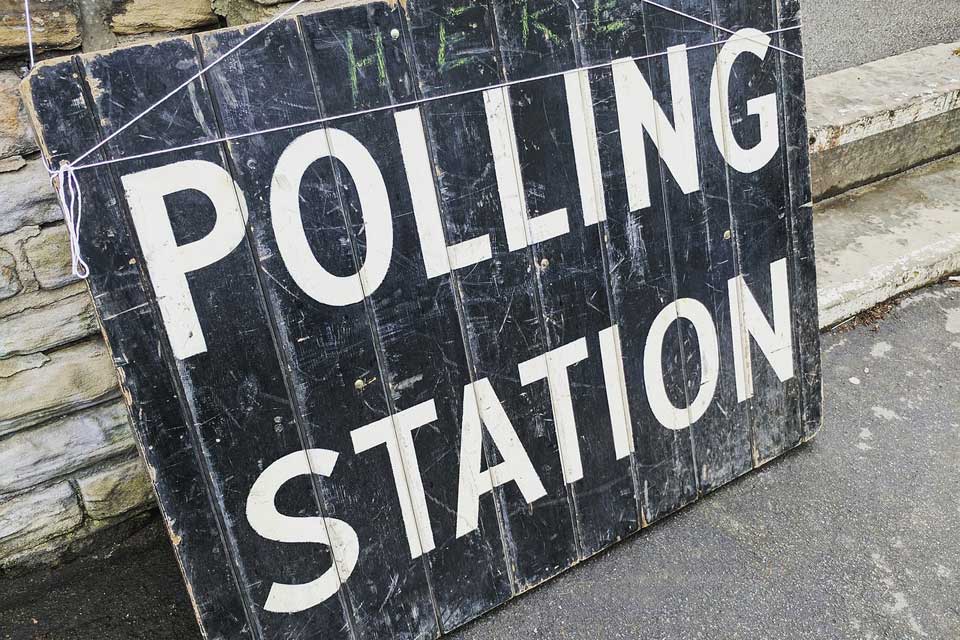By Paul Holcroft, Associate Director at HR consultancy, Croner
2019 is shaping up to be another eventful year in the world of politics, with the country heading to the polls on 12th December.
The reaction to this announcement has already made political discussions in the workplace near inescapable. While it is natural for employees to discuss current events at the workplace, how far should the political discussions reach? What are an employer’s obligations to keep the office politics-free? Should employees be allowed time off to vote? Here are five essential things every employer needs to know.
1. Discussing politics in the workplace
While you can’t prevent political discussions at work, it is important to remind employees to be respectful. Political views are a personal matter that are often deeply held, and this can lead to discussions turning confrontational and personal.
Employers need to ensure that employees are aware of what is, and isn’t, acceptable to say in the workplace regarding politics to reduce the risk of political discrimination taking place. A total ban on employees talking about politics is likely to be challenging to uphold, so employers need to be realistic and ensure that any talk is legal and conducive to the workplace.
2. Politically motivated harassment
In the current climate, employers need to be alert more than ever to employees harassing colleagues via political beliefs. Brexit has led to an increased risk of harassment against different nationalities.
Political talk can offend others, particularly because comments and opinions on topics like race, gender, sexual orientation, and religion tend to take centre stage in these discussions.
Because these conversations are likely to leak into the workplace, employers need to have in place an anti-harassment policy that communicates the employer’s expectations about appropriate workplace behaviour.
3. Political symbols in the workplace
The wearing or displaying of political symbols in the workplace should be discouraged as it could have many negative implications on colleagues or customers.
For example, if an employee has contact with customers, you might want to introduce a policy that the wearing or displaying of all political items is unacceptable. Such a policy needs to apply equally to all members of staff and be justified by a sound business reason to ensure no unlawful indirect discrimination is taking place.
4. Expressing political views via social media
Individuals are increasingly turning to social media to express their political opinions, and these posts can become heated and hostile. Employers should consider implementing policies to prevent employees from using workplace social media or the employer’s IT equipment to harass their colleagues or attribute personal political opinions to the employer.
5. Time off to vote
There is no statutory right for employees to take time off work to vote, so it’s up to the employer to decide whether to allow this unless a contractual right exists. Arrangements can differ from all employees being allowed to finish work early so they can vote or just a few employees where individual circumstances require some flexibility. Whichever approach is adopted, employers should make sure no employee is treated less favourably because of a protected characteristic.
In any case, polling stations are generally open for 15 hours on Election Day, which should give most employees enough time to cast their vote.
Image by John Mounsey from Pixabay















